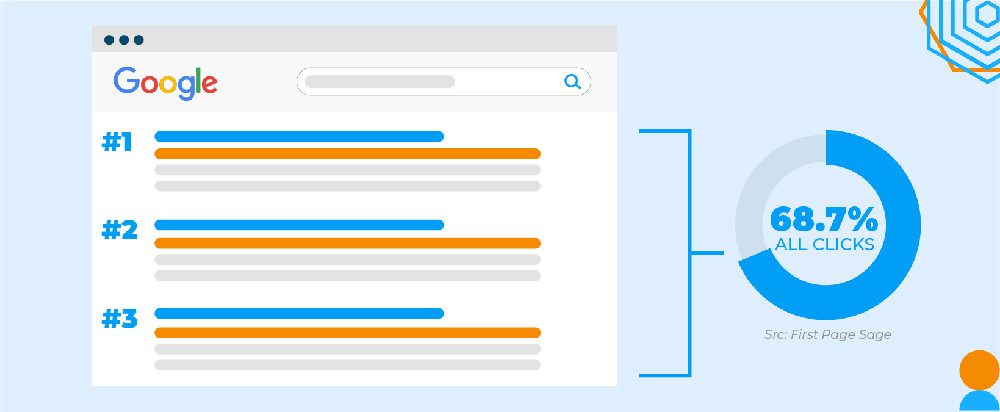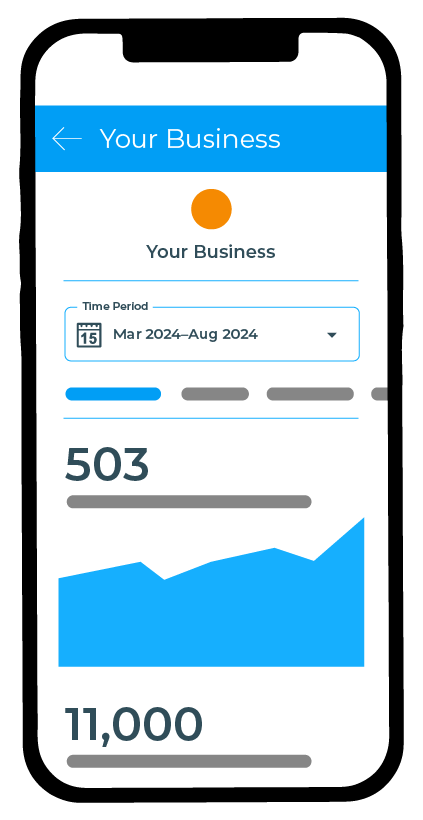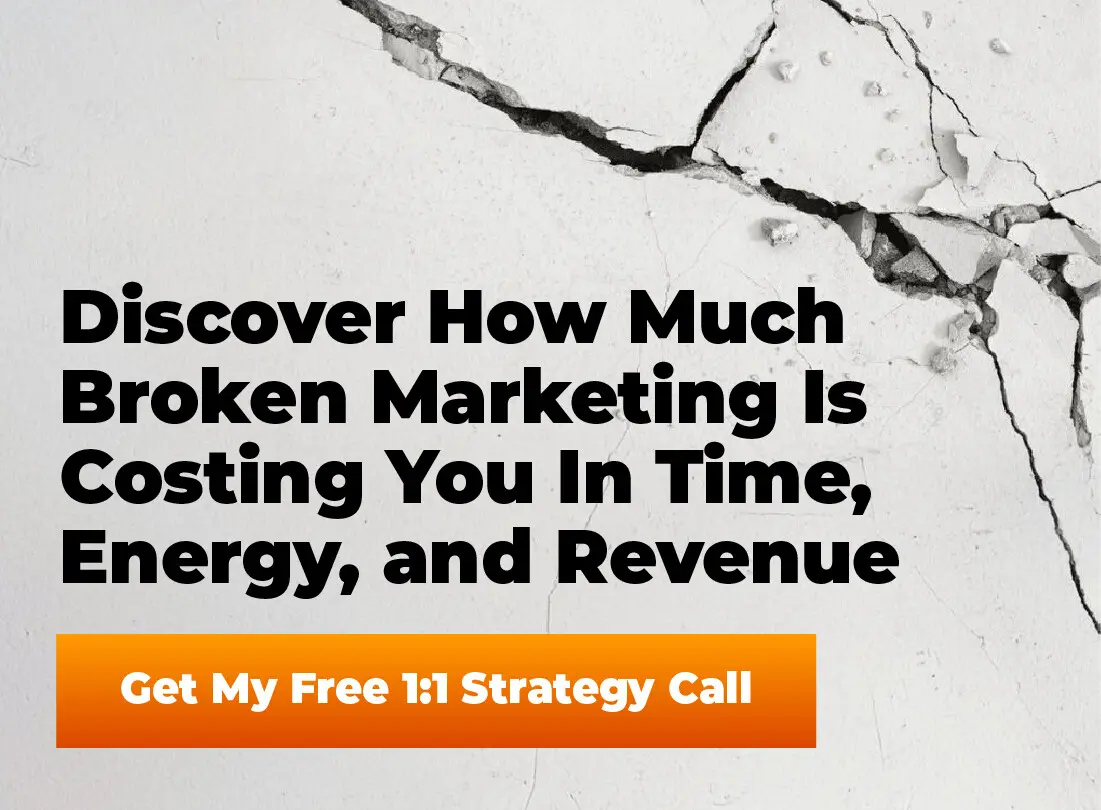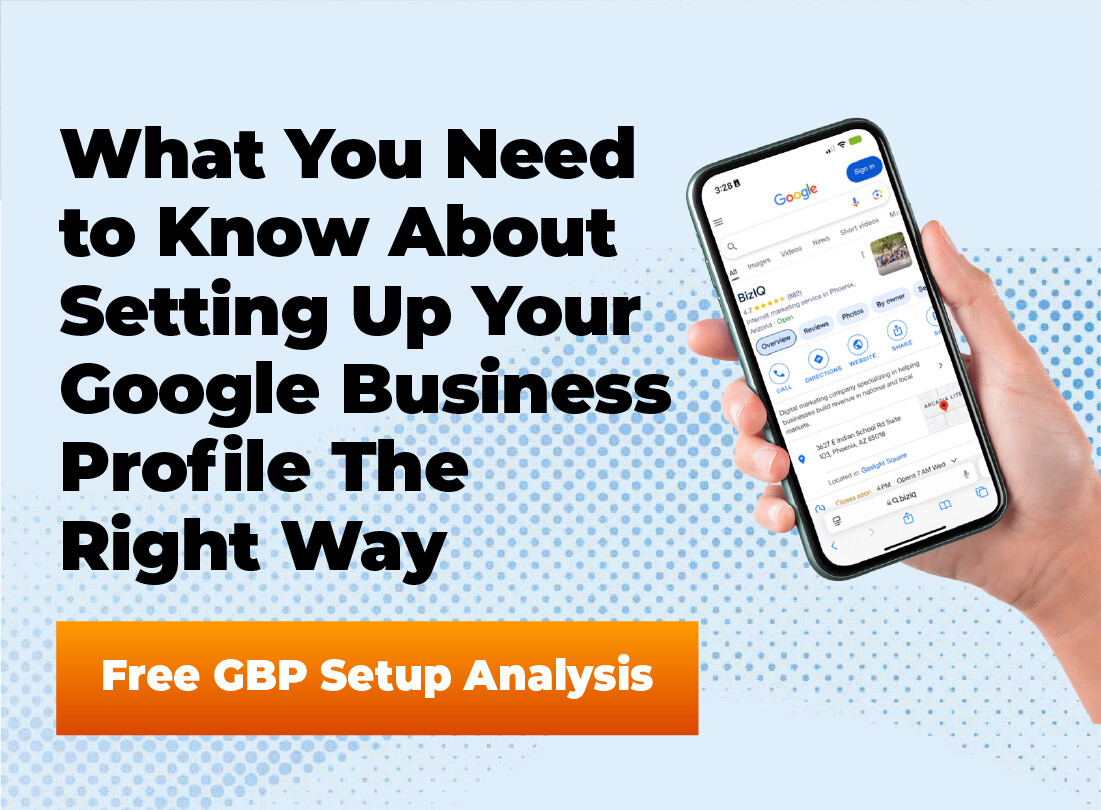In the ever-evolving world of digital marketing, businesses face the challenge of choosing the right strategies to maximize their online visibility. Search Engine Optimization (SEO) and Pay-Per-Click (PPC) advertising are two of the most effective tools available, but they are often seen as competing methods. However, when used together, SEO and PPC can form a powerful and cohesive strategy that drives traffic, boosts conversions, and strengthens brand presence.
Table of Contents
Understanding SEO and PPC: A Quick Overview
What Is SEO?
SEO, or Search Engine Optimization, focuses on increasing a website’s visibility in organic search engine results. By optimizing website content, structure, and usability, businesses aim to rank higher on search engine results pages (SERPs) for relevant keywords. SEO delivers long-term value but often requires patience and consistency to see measurable results.
Key components of SEO include:
- On-page SEO: Optimizing page content, keywords, and meta descriptions.
- Technical SEO: Improving website structure, speed, and mobile friendliness.
- Off-page SEO: Building backlinks and social signals to improve authority.
What Is PPC?
PPC, or Pay-Per-Click advertising, allows businesses to display ads on search engines and pay only when users click on them. Google Ads and Microsoft Advertising are the most popular platforms for PPC campaigns. Unlike SEO, PPC delivers immediate results, making it ideal for businesses looking to generate quick leads or promote time-sensitive offers.
Key components of PPC include:
- Keyword targeting: Selecting the right keywords to trigger your ads.
- Ad copy and design: Creating compelling ads that drive clicks.
- Bid management: Adjusting bids to maximize return on investment (ROI).

The Benefits of Combining SEO and PPC
When SEO and PPC are aligned, their combined efforts create a synergy that can significantly enhance overall performance. Here’s how these two strategies complement each other:
Improved Keyword Strategy
SEO relies on understanding which keywords potential customers are using. PPC campaigns can provide valuable insights into high-performing keywords by showing real-time data on search terms, click-through rates (CTR), and conversion rates. This data can be used to refine both organic and paid keyword strategies, ensuring you target the most effective terms.
Increased SERP Real Estate
When your business appears in both organic search results (via SEO) and paid ads (via PPC), you dominate more space on the search engine results page. This increased visibility reinforces your brand, boosts credibility, and makes it more likely that potential customers will choose your business over competitors.

Faster Data for Decision-Making
SEO typically requires months of testing and iteration to see significant results. PPC, on the other hand, delivers immediate feedback. By running PPC campaigns, you can test new offers, keywords, and messaging to see what resonates with your audience. This data can inform your SEO efforts, reducing the trial-and-error period.
Targeting Different Stages of the Sales Funnel
SEO often excels at targeting users in the research phase of their buying journey, while PPC is highly effective at capturing users ready to make a purchase. By combining SEO and PPC, businesses can address customers’ needs at every stage of the sales funnel.
Enhanced Remarketing Opportunities
PPC campaigns often include remarketing strategies that target users who have previously visited your site but didn’t convert. Pairing this with SEO ensures you’re driving new users to your website organically while simultaneously using PPC to re-engage those who have already expressed interest.
Practical Ways to Use SEO and PPC Together
Aligning Goals and Metrics
The first step in integrating SEO and PPC is to ensure both strategies are working toward the same goals. Define metrics that matter most to your business, such as:
- Website traffic
- Conversion rates
- Cost per acquisition (CPA)
- Return on ad spend (ROAS)

By aligning these metrics, you create a unified framework for measuring success.
Sharing Keyword Research
Use PPC campaigns to identify which keywords drive the most traffic and conversions. Incorporate these insights into your SEO strategy to optimize your website for terms with proven value.
Enhancing Content Strategy
SEO involves creating high-quality, evergreen content that ranks well over time. PPC ads can promote this content, increasing visibility and driving traffic while your SEO efforts gain traction.
For example:
- Run PPC ads for a new blog post to generate immediate interest.
- Use SEO to optimize the post for long-term ranking.
Cross-Channel Remarketing
Remarketing campaigns allow you to reconnect with users who didn’t convert on their first visit. Use SEO to attract visitors organically, then target those users with PPC ads to encourage them to take the next step.
Leveraging Competitive Insights
PPC tools often provide competitive intelligence, showing which keywords competitors are bidding on and how their ads perform. Apply this information to your SEO strategy to stay one step ahead.
The Challenges of Integrating SEO and PPC
While the benefits of combining SEO and PPC are clear, integrating these strategies can present challenges. Here’s how to overcome them:
Managing Budgets
One common concern is how to allocate budgets effectively between SEO and PPC. Start by evaluating your business goals:
- If you need immediate results, prioritize PPC.
- If you want sustainable, long-term growth, focus on SEO.
Over time, shift your investment as you see results from both strategies.
Coordinating Teams
SEO and PPC often involve different teams or agencies, which can lead to silos. Encourage collaboration by hosting regular meetings to share data, insights, and goals.
Balancing Short-Term and Long-Term Goals
It can be tempting to focus solely on PPC for quick wins. However, neglecting SEO limits your ability to reduce long-term costs. Balance both strategies by creating a roadmap that accounts for immediate needs and future growth.
Measuring Success: Metrics to Track
To determine whether your integrated strategy is working, monitor these key metrics:
- Organic traffic growth: Measure how SEO efforts are increasing your website’s visibility.
- PPC conversion rates: Track how effectively your ads drive leads or sales.
- Bounce rates: Identify whether traffic from PPC and SEO is engaging with your site.
- Combined ROI: Calculate the overall return on investment from both strategies.
Why Choose BizIQ for Your Digital Marketing Needs?
SEO and PPC work together to create a dynamic and comprehensive approach to digital marketing, but success requires expertise, strategy, and continuous refinement. At BizIQ, we specialize in crafting tailored marketing solutions that integrate local and organic SEO, PPC, social media management, website design, and more.
Our team of digital marketing experts can help your business grow by leveraging the strengths of SEO and PPC to maximize results. Whether you’re looking to improve your search rankings, launch a high-performing ad campaign, or revamp your website, BizIQ is here to help.
Contact us today for a free analysis and quote. Let’s work together to achieve your digital marketing goals and take your business to the next level.











